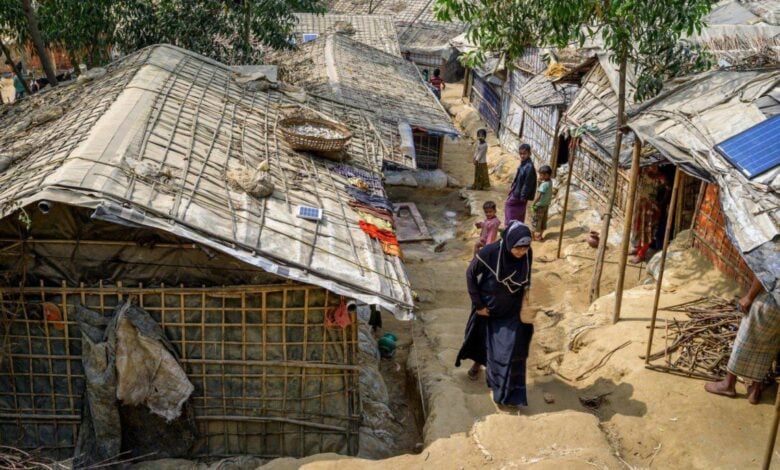UN Reports Nearly 3 Billion People Lack Safe Housing

It is a privilege to join you today for this important dialogue. I thank the President of the Economic and Social Council and UN-Habitat for convening us at such a critical moment. Let me begin with a simple question: What did it take for us to be here today? We woke up somewhere safe. We had an address where documents could reach us, where our families knew to find us. We had a place to eat a meal, charge our phones, and prepare for this day. For almost 3 billion people on our planet, none of that is guaranteed. This is why today’s dialogue — at this critical moment during the High-Level Political Forum — matters so urgently. Housing is not simply about a roof over one’s head. It is a fundamental human right and the foundation upon which peace itself rests. Sustainable development and sustainable peace are inseparable.
The Global Housing Crisis
In an increasingly urbanized world, nearly 3 billion people live in inadequate conditions, including informal settlements, overcrowded housing, or without any shelter at all. Among these individuals are over 120 million refugees and internally displaced persons, who have been uprooted from their homes due to conflict, persecution, and violence. The destruction of homes and the forced displacement of families highlight how housing can become both a casualty and a weapon of war. This troubling reality has been witnessed in regions such as Gaza, Ukraine, Sudan, Yemen, and Myanmar. Without safe housing, communities lose the social cohesion and stability necessary for peace. This ongoing crisis impacts every Sustainable Development Goal (SDG) that the global community has committed to achieving by 2030.
The Importance of Adequate Housing
The concept of home extends beyond mere shelter; it is integral to the Sustainable Development Goals. When individuals have access to safe, adequate, and affordable housing, they experience numerous benefits. Children perform better academically, workers show increased productivity, and health outcomes improve significantly. Moreover, adequate housing fosters community resilience against the forces that drive conflict and division. While it cannot entirely eliminate gender-based violence within homes, it does reduce women’s and girls’ exposure to violence in public spaces. The ambition of the 2030 Agenda to leave no one behind begins with the fundamental need for a safe place to call home. Projections indicate that by 2030, 60% of the world’s population will reside in cities, increasing to nearly 70% by 2050.
Call for Action and Collaboration
The tools and commitment to foster urban growth, rather than slums, are available. The New Urban Agenda emphasizes the need for planned, inclusive urbanization that guarantees housing, services, and dignity for all. The success of these initiatives hinges on urgent action and collaboration among stakeholders. At the Financing for Development Forum, Member States emphasized the necessity for bold reforms and investments to strengthen the social contract, which must include housing as a central element. The Pact for the Future reaffirmed the 2030 Agenda and mandated that multilateralism must deliver tangible benefits to people in their neighborhoods. It also highlighted the importance of housing in preventing conflict and sustaining peace.
Empowering Marginalized Voices
The upcoming Second World Social Summit presents an opportunity to reaffirm the critical role of housing in social protection, decent work, and access to essential services. It is vital to recognize housing as a cornerstone of conflict prevention and peacebuilding. As Chair of the UN Sustainable Development Group, I witness daily efforts by country teams working alongside governments, civil society, and local authorities to advance these goals. However, more must be done. This includes aligning political commitment and financing with the scale of the challenge and investing in adequate housing as both development and peace infrastructure. It is essential to elevate the voices of those often marginalized, including women, youth, older persons, individuals with disabilities, Indigenous Peoples, displaced populations, and the homeless. Their insights are crucial for developing effective policies and solutions. Ultimately, the first opportunity for individuals begins not in an office or school, but in a home. Together, we must strive to provide not just shelter, but lasting solutions that ensure security and pave the way for prosperity.
Observer Voice is the one stop site for National, International news, Sports, Editor’s Choice, Art/culture contents, Quotes and much more. We also cover historical contents. Historical contents includes World History, Indian History, and what happened today. The website also covers Entertainment across the India and World.
Follow Us on Twitter, Instagram, Facebook, & LinkedIn

